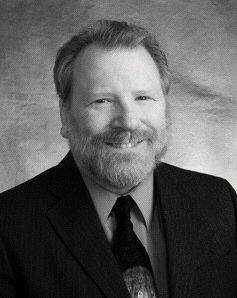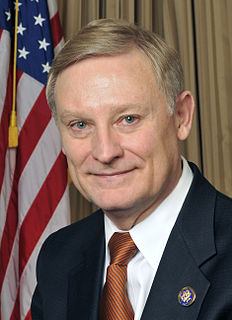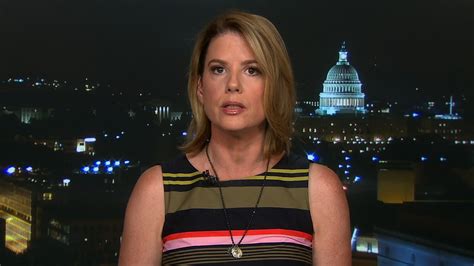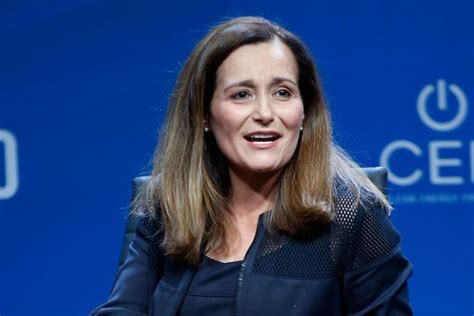A Quote by Mitch McConnell
If you believe one of the biggest problems confronting the country is overregulation by this administration, the single most effective way to begin to rein in the aggressive regulators, who in my view have done great damage to this economy, is in the bills that fund the regulators.
Related Quotes
People vastly overestimate the ability of central planners to improve on the independent action of diverse individuals. What I've learned watching regulators is that they almost always make things worse. If regulators did nothing, the self-correcting mechanisms of the market would mitigate most problems with more finesse. And less cost.
The single biggest barrier to effective leadership is, in my view, the leadership industry itself. Instead of telling people the skills and behaviors they need to be effective in getting things done, we tell them almost the opposite - blandishments about how we wish people would be, and how we wish workplaces were. That information is worse than useless as, to the extent people believe it, they often wind up losing their jobs.


































